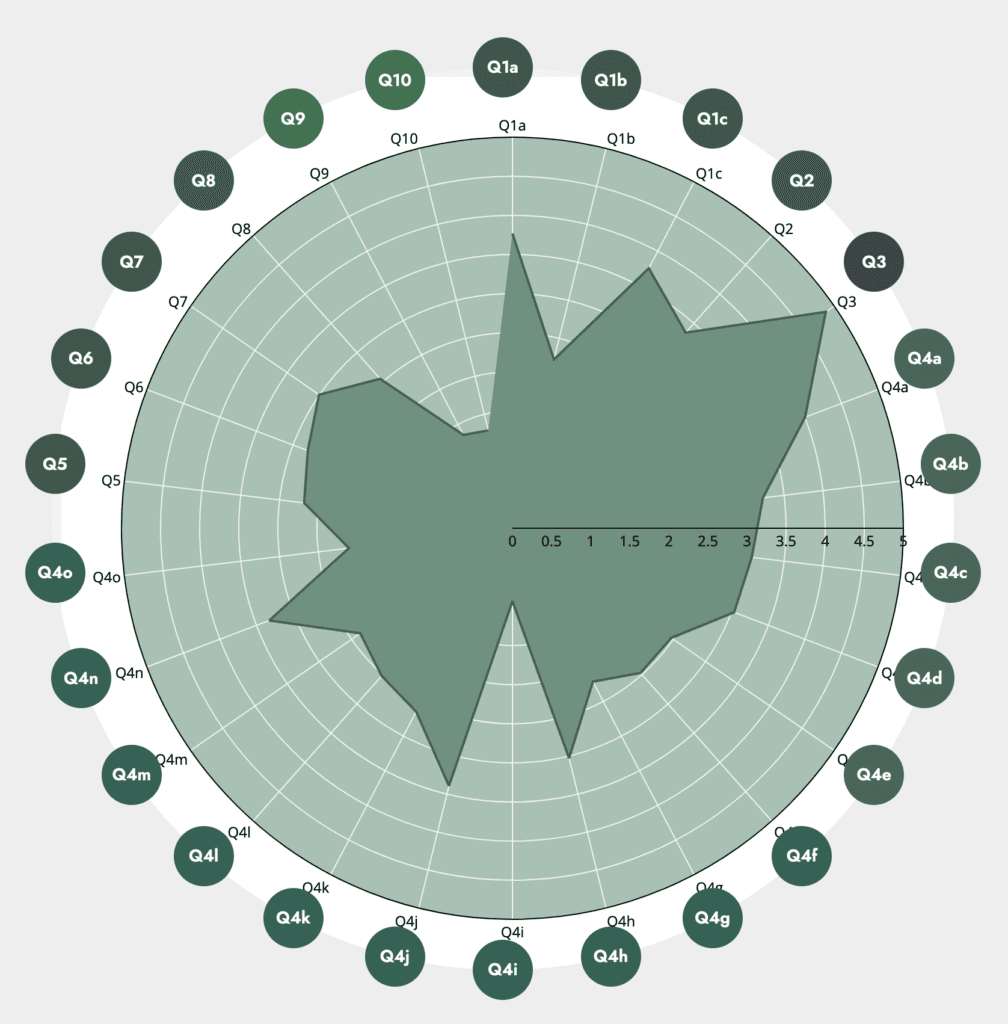Social trust – the belief in the trustworthiness and benevolence of others— is a cornerstone of thriving societies, with profound impacts on our lives and communities. Whilst the literature on social trust is vast, complex, and dispersed across multiple research fields, the links to well-being, public health, mortality rate, crime rate, collective action, and economic performance has proven significant.
A recent study using data from 69,578 participants across 48 countries demonstrated that different types of trust (generalized trust, in-group trust, out-group trust, and interpersonal trust) positively predict well-being at individual level. Well-being is often associated with longevity, resilience, better health, and better work performance. The research also highlighted cultural dimensions, particularly the continuum of individualism and collectivism, significantly moderate the relationship between trust and well-being.
Social Trust and Cities
The importance of social trust extends to city management and development. In cities, high levels of social trust create vibrant communities, drive innovation, and encourage investment by enabling collaboration between residents, businesses, and governments. A Boston Consulting Group report highlights that cities with stronger social trust perform better in addressing urban challenges, such as climate adaptation, infrastructure planning, and public health crises; and attracting talent and resources.
Cities can measure social trust as a barometer for their effectiveness in meeting residents’ needs. Regular surveys and indices can provide insights into citizens’ confidence in public institutions and the overall sense of community. This information helps identify gaps in service delivery, enabling cities to address frustrations, and enhance satisfaction. Trust metrics also guide policymakers in creating strategies to foster inclusivity and resilience.
Trust Here – Social Trust Barometer
Eric Young, a social innovator, with four decades of experience, has been at the forefront of advancing social trust. During a pilot study in a UK city, he pioneered a “social sensing network” approach, utilising innovative surveys to gather insights from frontline workers deeply embedded in the community, such as police officers, bus drivers, postal workers, faith leaders, and social workers. This place-based methodology leveraged their unique connections to local residents, providing a nuanced understanding of social trust dynamics. This laid the foundation for his work as the President and Founder of the Social Trust project.
“Social Trust has a compelling geographic dimension. We can see highly significant differences from country to country. But they also exist from city to city, and perhaps even more significantly from neighbourhood to neighbourhood,” says Young. “The reason this is significant, is because when we get down to the local scale, the opportunities for intervention become all the richer. Many of the most important factors that foster social trust are in the social fabric of people’s everyday lives. Moreover, the most important leverage points for acting on social trust are at the local level.”

A chart to show the trust scale for citizens answering specific questions from the social trust survey. Graphic by Nima Darabi.
He furthers, “It is in places that transformations will happen. Places that will experiment. Places that will carry hope and courage and creativity and resilience and insight. And it is in a collaborative, innovative network of places that a movement can be born.”
In collaboration with the Sunstone Institute, Young is developing a social trust barometer called Trust Here. This innovative tool integrates diverse data sources, including publicly available information, social media activity, internet queries, and geospatial data. By synthesizing this vast array of information, Trust Here provides actionable insights for decision-makers, enabling targeted efforts to strengthen social trust where it can have the greatest impact at the local level.
“We are developing a place-based, multi-layered, data-rich solution that allows us to analyse trust-related dynamics within a city. At the same time, we are also facilitating actions and interventions through campaigns conducted by a network of our users,” says Nima Darabi, senior data scientist at Sunstone Institute.
“This frontline network of volunteers, who are the primary users of our app, will be incentivized to their fullest potential to collect data while driving social impact. This is the right time to do this, as new advances in AI can uncover subtle patterns in trust dynamics and identify sentiment trends within neighborhoods in ways not possible before,” he adds.
Insights derived from the Trust Here barometer are already proving invaluable, with the data revealing key trends in social trust. Building on this momentum, an app linked to the barometer is set to launch in Oslo, accompanied by a desktop dashboard designed to showcase these insights. The platform is poised for expansion, offering scalability to other cities eager to harness its capabilities.
“The entire design of this project is to figure out how we can help people, how we can help cities and the kind of people in cities. Not only politicians, but the myriad of actors, civic stakeholders who are working with different communities at the neighbourhood level to develop insights that can be turned into action. That is the thing that I care about the most. We are the bridge between the leading-edge science and local-edge action,” says Young.
He cautions that the social trust barometer is not a ‘magic bullet’ to solve societal inequalities, but that social trust should be recognised as “our most precious, though under-appreciated, social asset. And mistrust is far more dangerous then imagined, as it corrodes the very foundations of our society.”
